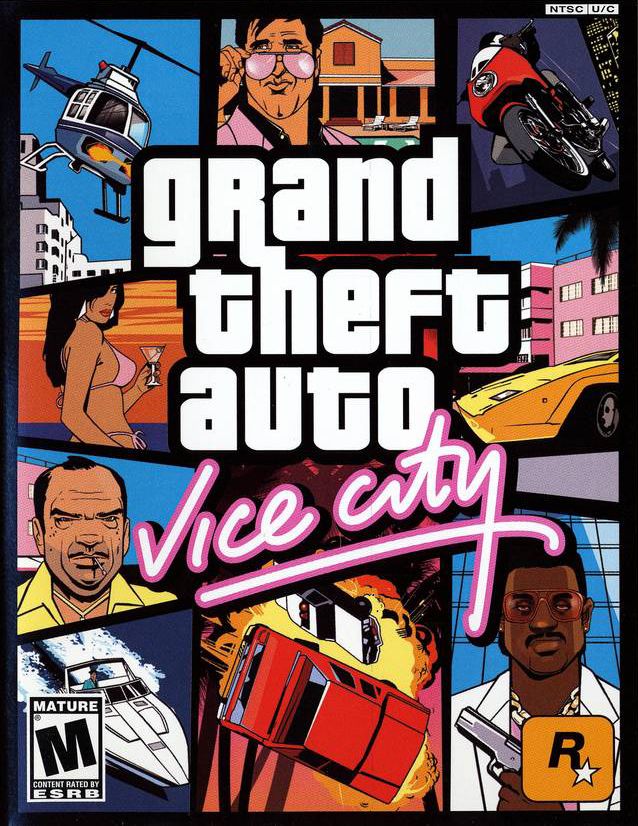
“We all have our vices, don’t we?” The lady across the counter from me is moreso trying to justify her actions than speak philosophically to me as she orders her Double Chocolate Chip Frappuccino. I kind of nod along, not really sure if she wants me to respond or not. I’m new at the café so I’m still meeting the regulars, but apparently this woman comes in all the time and loooves her frappuccinos. Despite the fact that chocolate doesn’t sit well in her system, she refuses to be denied her guilty pleasure of the day. It is, as she herself pointed out, her “vice.”
Recently I heard one of my professors describe vice as “an act that’s profitable to you only and no one else.” When he said that, a light came on for me. I used to think vice was just another word for sin, something that referred to bad things you did. But this definition explains why vices are bad: they are repetitive acts of selfishness. Acts of vice move solely to satisfy you without giving others a second thought.
Now, I’m not saying you shouldn’t buy yourself a Twix bar unless you’re buying enough to share with the class (unless I’m in that class…then I'm totally saying that). I’m talking about continual patterns of behavior. A vice isn’t something you do once; it’s something you go back to again and again, like the lady in the café. Essentially, our vices are the crutches we’ve constructed to deal with the pain of life. But there’s also a transaction that takes place here. While our vices make us feel better, they also eat away at us. We’re fine with it, though, because we don’t want to feel lonely or sad or powerless…not if we can help it, anyway. So we make an exchange, choosing to indulge in a fake happiness rather than endure the wait that often precedes real joy.
If nothing else, I think this understanding of vice gives us a great benchmark to measure ourselves against. As a personal experiment today, look back on the last week and ask yourself the question, “What did I do this past week that was solely intended to please me? How did those actions affect the people around me, either directly or indirectly?” Your probing probably won’t unearth anything you didn't already know. We’re not so much unaware of our vices as we are unwilling to name them for what they are. So long as our strongholds retain a sense of ambiguity, we're not responsible to change (or so we think). So naming them becomes the first step in breaking their control over our lives. True vices don't go away overnight, so we should expect some measure of struggle and probably failure along the way. But they are not insurmountable. Despite its difficulty, the recipe for change is a simple one: time, patience, and a whole lot of prayer.
//

I like how the first sentence of every paragraph is in bold.
ReplyDeleteDouche.
J,
ReplyDeleteI find that changing up the text font makes it easier to read longer posts, particularly on a site like this where the columns are really close together. The idea is to make the reading experience more enjoyable for you.
I’m sorry if it bothers you.
Creative use of graphical aids.
ReplyDeleteThis is good stuff, bro. So true.
ReplyDeleteFor me, my vice is octopus. Just cant stop eating that delicious aquatic invertebrate.
This is some convicting truth, Dom!
ReplyDeleteI love your site! The design is great. Gotta love when encounters with Barnes and Noble regulars make you think philosophical thoughts ;)
ReplyDelete